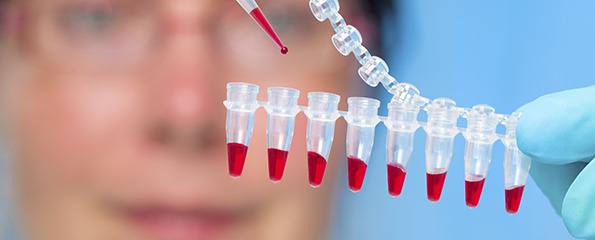HIV and Mobility a roadmap for action
The HIV & Mobility: Roadmap for Action report calls for a coordinated approach to better support our mobile and migrant communities and the challenges we face together when responding to HIV.
Key findings include:
- Mobility and migration may increase existing vulnerability to HIV due to factors such as lack of social support, difficulty accessing services, different experiences when travelling, and /or living in under-resourced areas;
- People travelling to or from higher prevalence countries comprise about 20% of new diagnoses in Australia;
- People travelling to or from higher prevalence countries or from non English speaking backgrounds are over represented in late HIV diagnoses; and
Lead author, La Trobe’s Dr Graham Brown says current health and investment support for mobile and migrant communities is often ad hoc and a ‘one size fits all,’ approach.
‘We have not had a roadmap like this which identifies the key challenges and opportunities, and how a partnership of migrant and mobile populations in our community can work together to respond to HIV.
‘There are sensitive cultural, religious and sexuality issues all at play. We are calling for more resources for migrant health and greater participation of communities and religious leaders in better understanding how to navigate the complexities of HIV .
‘This is a shared challenge – to that end as another World AIDS Day approaches, we’re calling for State and Commonwealth governments and community organisations to work together to provide informed leadership, policy and coordinated support.’
‘Over the past 30 years Australia has achieved great results from a grass roots response from our communities most affected by HIV, supported by evidence based policy and programs – and we want to continue this success.’
The report also highlights the double stigma surrounding migrant and mobile populations and people living with HIV.
‘Stigma does not prevent transmission – it just increases stereotypes and assumptions, and discourages people from safer behaviours and getting tested ,’ says Dr Brown.
‘The earlier a diagnosis occurs, the better placed a person is to seek best treatment and get the right support.’
(Source: La Trobe University)
Dates
Tags
Created by:

 Login
Login














